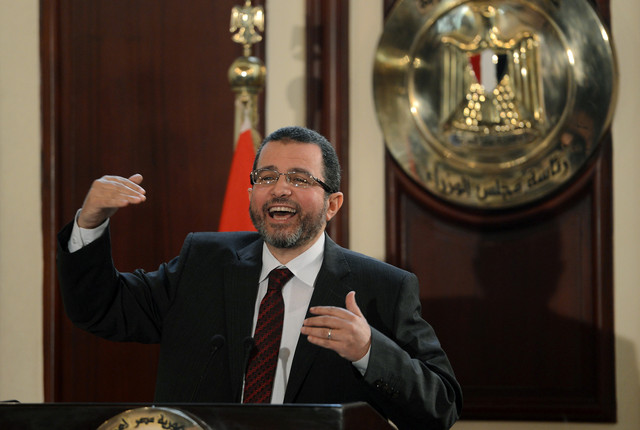The Project Manager of the Grand Ethiopian Renaissance Dam (GERD), Kifle Horo, said that the dam built on the River Nile needs extra four years to be completed in 2022. The dam was originally scheduled to enter operation in 2017.
During a meeting in Addis Ababa on the progress of the GERD, Horo added that the completion date is being pushed out to 2022 because of delays in establishing the electro-mechanical part of the dam, as well as changes in design to increase generation capacity.
The GERD, formerly known as the Millennium Dam, is under construction in the Benishangul-Gumuz region of Ethiopia, on the Blue Nile River. The construction of the dam started in April 2011 and was expected to be accomplished by 2017, despite changes in design.
In August, Ethiopia’s Prime Minister Abiy Ahmed said that the construction of the GERD was delayed, blaming the Metal and Engineering Corporation (MeTEC), which is undertaking the electro-mechanical work of the dam, for the delay of the project. The MeTEC is a governmental company affiliated to the Ethiopian ministry of defence.
Construction of the GERD is also facing some other troubles including financial issues. In late August, employees and workers of the project staged a strike for five days, demanding a raise in their wages.
Horo was appointed as a project manager of the Ethiopian biggest and ambitious project, succeeding the former manager, Simegnew Bekele, who was found killed in the Ethiopian capital in July.
The GERD set to become Africa’s largest hydro power dam with a capacity of 6,450 MW upon its completion. The construction costs reached nearly $4bn. The project was expected to start generating power with its two turbines this year but as Abiy said the two turbines have not yet been installed.
Egypt has expressed concerns that the construction of the GERD could negatively affect its historic Nile water share of 55bn cubic metres, which it has had access to since the historic 1959 agreement between Egypt and Sudan.



